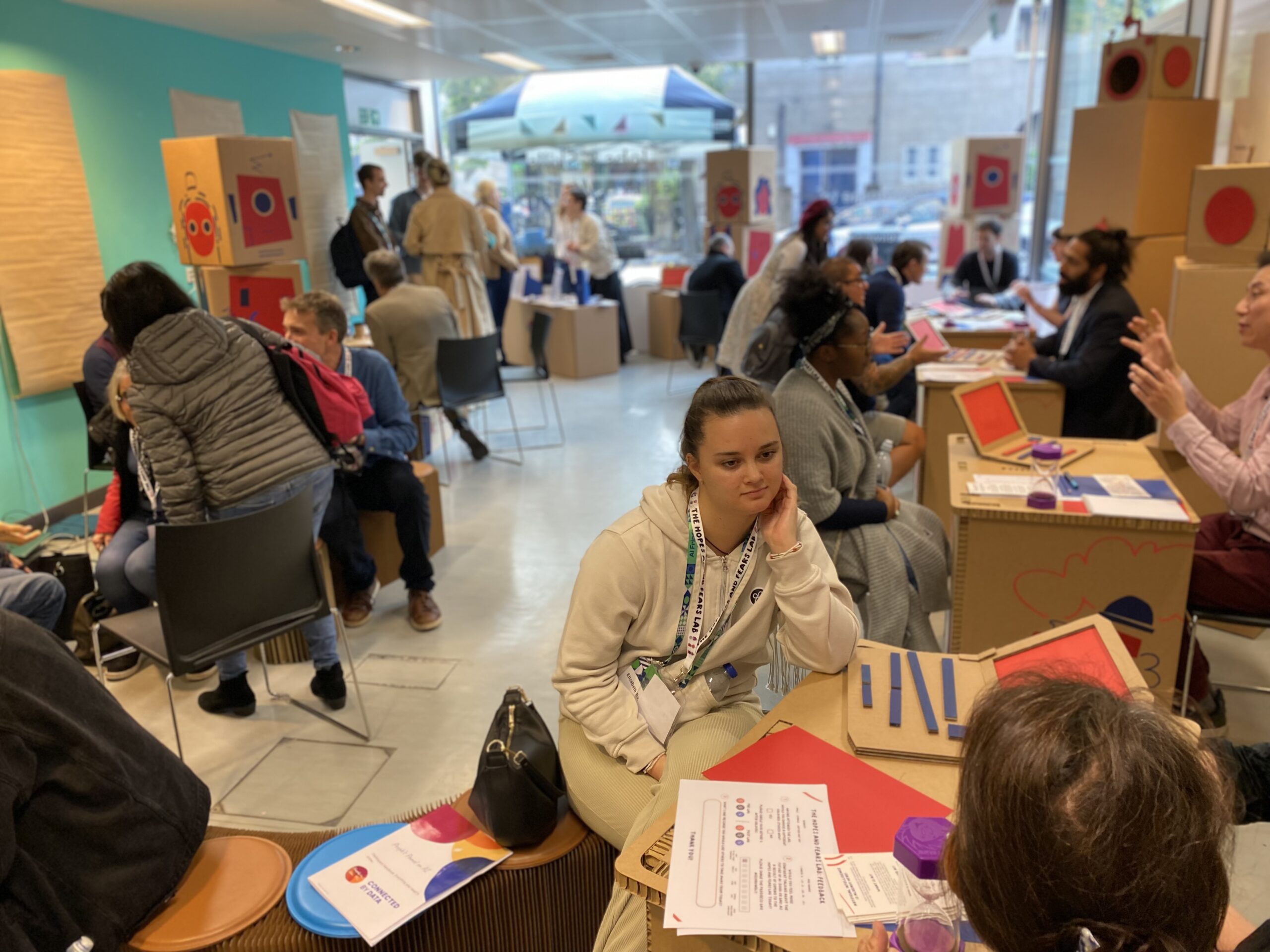Major scientific breakthroughs deepen our understanding of nature and ourselves. Such discoveries have the potential to transform our everyday lives. Yet the same science that holds promise for progress often raises concerns and questions for society.
We enable global conversations on the ethical issues raised by discovery science by conducting public engagement at the early stages of scientific discovery. This empowers scientists to consider and navigate ethical and societal concerns. We specialise in creating the conditions for conversations between scientists and members of the public.
Watch the launch film for both our centre in Cambridge, UK, and our sister centre in Berkeley, CA, here:

